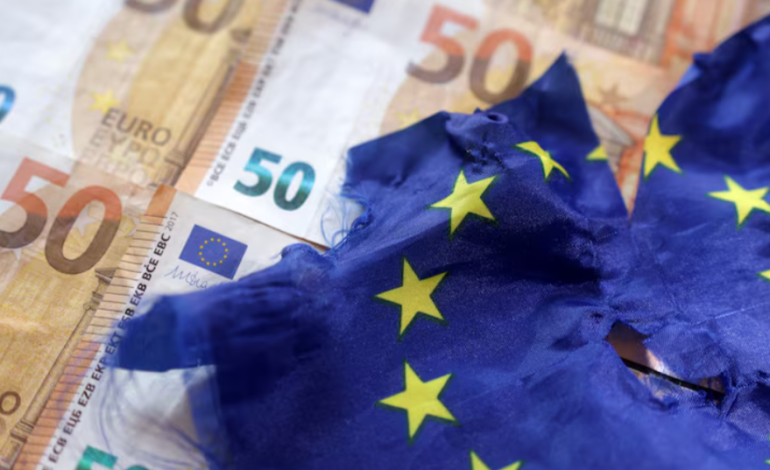In a nearly 400-page report, former European Central Bank President and Italian Prime Minister Mario Draghi lays out an urgent plan to rescue Europe’s economy, which has been struggling to keep pace with the United States.
Draghi’s report, which emphasizes boosting competitiveness, highlights the growing gap between the US and European economies. Since 2002, the US economy has expanded to become 30% larger than the European Union’s, up from 17% two decades ago. This trend is alarming, as European productivity now trails the US by a significant margin—per capita output in the EU is 34% lower than in America.
While Draghi’s recommendations are sweeping, much of the public debate has focused only on selective aspects of his proposal. His call for an annual investment of up to €800 billion in areas like research and development, climate goals, digitalization, and defense has been widely interpreted as an appeal for increased government spending. However, Draghi stresses that private capital must play a key role in funding this push alongside public investment.
The real thrust of Draghi’s report, however, is his plea for structural reform. He argues that Europe’s regulatory environment is choking private enterprise, especially for tech firms and entrepreneurs, who must navigate a web of over 100 tech laws and more than 270 regulators across the EU’s 27 member states. This bureaucratic complexity, according to Draghi, is a critical factor holding Europe back.
In contrast to this focus on reform, much of the political and media reaction has honed in on Draghi’s endorsement of EU decarbonization efforts and his nod toward new eurozone bond issuance—two proposals that fit neatly into Brussels’ broader policy agendas but are not the core of his argument.
As Draghi published his plan, Europe’s leadership appeared more focused on targeting the success of US companies than addressing its own structural challenges. For example, the European Court of Justice recently ruled in favor of imposing €13 billion in taxes on Apple and a €2.42 billion antitrust fine on Google. Such moves, according to Draghi, are indicative of a wider problem: Europe’s policymakers seem more intent on reacting to US economic dominance rather than developing a cohesive strategy to compete effectively.









